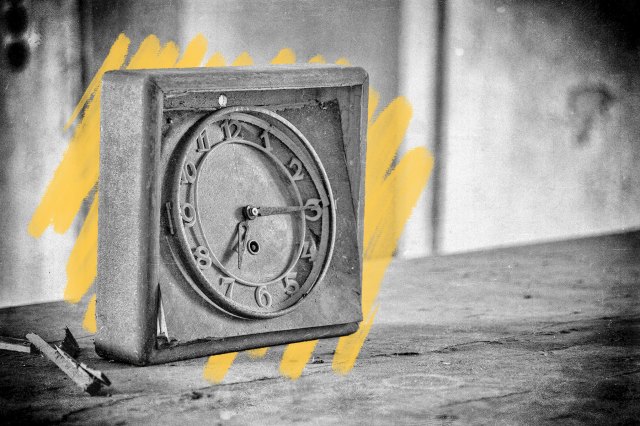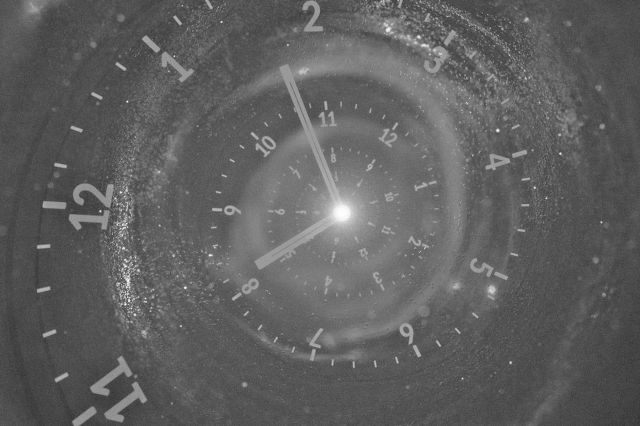 |
The "phantom time hypothesis" claims 297 years of history never happened. |
World History |
 |
| |
| Illig supports his claim by pointing out discrepancies between the Julian and Gregorian calendars that could be explained by the fabricated dates. He also suggests that Otto III and Sylvester II ordered scribes to create manuscripts from the missing centuries. Historians, however, have offered considerable evidence that debunks the theory, not least of which is that Illig's hypothesis ignores the development of other cultures around the world during those 300 years. Astronomical science offers additional proof that a royal and holy alliance didn't invent centuries of history. As astrophysicist Brian Koberlein wrote in Forbes, "If 300 years of history were simply added to the record, the forgery would be written in the stars, and this simply isn't the case." | |
 |  |
 | ||||||||||||||
By the Numbers | ||||||||||||||
| ||||||||||||||
| ||||||||||||||
 | ||||||||||||||
| ||||||||||||||
Experts have proposed a simpler version of our modern calendar. | ||||||||||||||
| The Gregorian calendar, which has been in use for more than 400 years, improved upon the mistakes of the Julian calendar that preceded it, but it's still a complicated way to keep time. At Johns Hopkins University, professors Steve H. Hanke and Richard Conn Henry have come up with a revised, simpler version: the Hanke-Henry Permanent Calendar (HHPC). Unlike our current calendar, the HHPC uses fixed dates — each date is identical every year. For example, someone born on Monday, February 3, would always celebrate their birthday on a Monday. Instead of using leap years, the HHPC includes 364 days in a year, plus a weeklong "Mini-Month" that occurs once every five to six years. | ||||||||||||||
 | |||
Recommended Reading | |||
 | |||
| | |||
 | |||
| | |||
| + Load more | |||
| |||||||||
| Contact us | |||||||||
| Privacy Policy | |||||||||
| Terms of Use | |||||||||
| Do Not Sell My Info | |||||||||
| 700 N Colorado Blvd, #513, Denver, CO 80206 | |||||||||
|




No comments:
Post a Comment